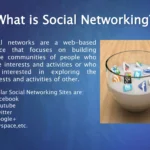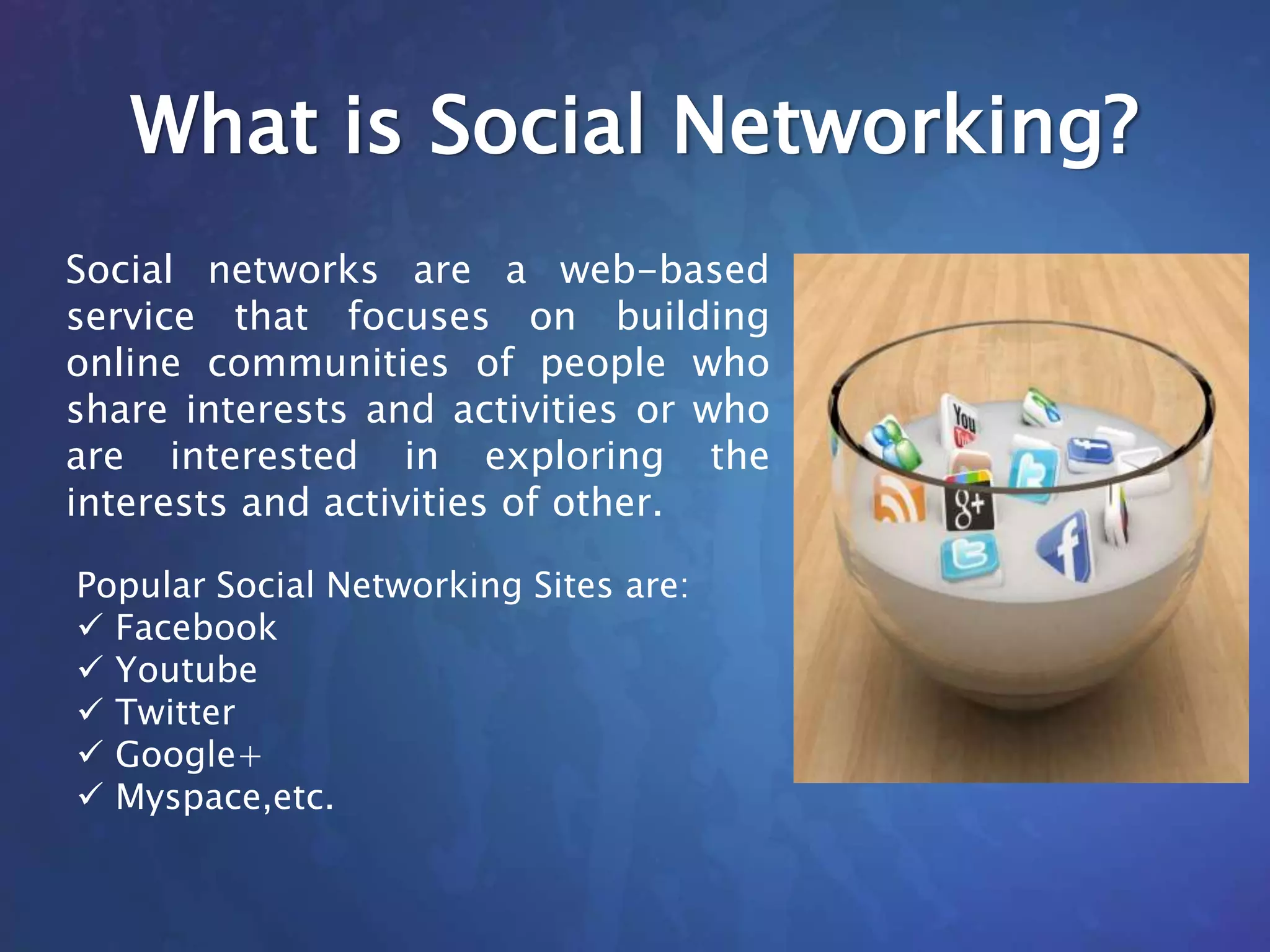The Benefits of Playing and Opening Games
In today’s world, where technology, education, and entertainment intertwine more than ever, the importance of games has grown far beyond mere recreation. Whether it’s board games, video games, puzzles, or strategic card games, these activities offer a variety of benefits that impact mental, emotional, and even physical well-being. Among these, the act of opening games—the initial moments of setting up, exploring rules, and engaging for the first time—has its own unique rewards.
This article explores the multifaceted benefits of playing and opening games, with a focus on cognitive development, emotional health, social skills, creativity, and lifelong learning.

1. Cognitive Development
One of the most widely recognized benefits of games is their ability to boost cognitive skills. Whether you’re solving a puzzle, managing resources in a strategy game, or making real-time decisions in a fast-paced video game, your brain is constantly working.
a. Improved Problem-Solving Skills
Most games are built around challenges and obstacles. Players must analyze situations, consider possible outcomes, and make decisions—sometimes under pressure. This process strengthens critical thinking and analytical reasoning.
For example:
- In chess, players plan several moves ahead.
- In a city-building video game, resource management and planning are essential.
- Puzzle games help sharpen spatial reasoning and logic.
b. Better Memory and Concentration
Many games require players to remember rules, strategies, or sequences. Whether it’s remembering a card sequence in a memory game or tracking objectives in a role-playing game (RPG), these activities enhance short-term and working memory.
Research shows that certain video games can actually increase gray matter in the brain, particularly in areas associated with memory, navigation, and motor skills.
c. Faster Decision Making
Action-oriented games, especially real-time strategy (RTS) and first-person shooters (FPS), demand split-second decisions. Players improve reflexes and decision-making speed, which can translate to better performance in real-life scenarios requiring quick thinking.
2. Emotional and Psychological Benefits
Beyond cognitive development, games serve as powerful tools for managing emotions and promoting mental well-being.
a. Stress Relief
Games provide a form of escapism. By entering a virtual world or engaging in a board game, individuals can momentarily distance themselves from real-life stressors. The enjoyment and focus required in games can trigger the release of dopamine, a neurotransmitter linked to pleasure and relaxation.
b. Resilience and Persistence
Failure is a common aspect of most games. Whether losing a match, failing a level, or making a mistake, players often need to try again and learn from failure. Over time, this builds emotional resilience, encourages growth mindset, and reinforces the idea that persistence leads to success.
c. Confidence Building
Mastering a game, overcoming a tough level, or winning a match can build self-esteem and confidence. The sense of achievement, especially after sustained effort, is empowering and can improve motivation in other areas of life.
3. Social Benefits of Games
Games have always had a social element—whether through board games played at family gatherings, online multiplayer video games, or cooperative card games. These social experiences offer numerous benefits.
a. Teamwork and Cooperation
Cooperative games teach players to work as a team, communicate effectively, and support each other. Whether it’s coordinating with teammates in a multiplayer online game or working together in a co-op board game, players learn the value of collaboration.
b. Social Connections and Friendship
In both online and offline settings, games help build and strengthen relationships. Many friendships are formed or deepened through shared gaming experiences. Online platforms allow players to connect globally, creating multicultural exchanges and diverse social circles.
c. Conflict Resolution and Sportsmanship
Through games, players experience both victory and defeat. Learning to handle loss gracefully, celebrate others’ wins, and resolve disputes helps build strong social character and sportsmanship.
4. Educational Value of Games
Games can also play a major role in education. Many educators are now embracing game-based learning as a way to engage students in classrooms and online.
a. Learning Through Play
Games are effective learning tools because they offer an interactive and engaging experience. Subjects like math, history, science, and languages can be taught using educational games that reinforce concepts in fun and memorable ways.
For example:
- Math games that involve counting, algebra, or geometry.
- History games that simulate civilizations and historical events.
- Language games that build vocabulary and sentence structure.
b. Rule Understanding and Application
Opening a new game often involves reading and understanding rules. This promotes reading comprehension, attention to detail, and instruction-following. In multiplayer games, understanding and applying rules also enhances fairness and ethical reasoning.
c. Encouraging Independent Learning
Games often reward exploration, experimentation, and self-discovery. Players learn at their own pace and are motivated by intrinsic rewards, such as unlocking levels or completing challenges. This promotes a love for learning that can extend beyond gaming.
5. Creativity and Imagination
Games, particularly open-world, sandbox, or role-playing games, stimulate creativity in powerful ways.
a. Creative Problem Solving
Many games provide multiple ways to solve problems, encouraging players to think outside the box. For example, in games like Minecraft or The Legend of Zelda, players use creative thinking to build solutions or find hidden paths.
b. World-Building and Storytelling
In many video games and tabletop RPGs, players create characters, develop backstories, and engage in world-building. This kind of play enhances imaginative thinking and narrative skills, which are important in writing, arts, and communication.
c. Design Thinking
When opening a new game—especially customizable ones—players often engage in design-oriented thinking. From building decks in card games to setting up terrain in tabletop games, there’s often a strong design element that blends creativity with logic.
6. Motor Skills and Coordination
Physical and digital games alike improve motor skills, particularly in children.
a. Hand-Eye Coordination
Games that require precise timing or aiming (like FPS or sports games) enhance coordination. For children, basic games that involve stacking, moving pieces, or pressing buttons also help develop fine motor control.
b. Physical Activity and Fitness
Active video games (like those on Nintendo Switch, VR platforms, or dance games) combine fun with movement, encouraging physical fitness in an engaging way. These games are especially valuable for children and teens who may be less interested in traditional sports.
7. The Unique Benefits of Opening Games
While playing games offers numerous benefits, the act of opening a game—from unboxing to learning the rules—is also rich with opportunity.
a. Excitement and Anticipation
Opening a new game brings a sense of curiosity and excitement. This positive emotion can make the brain more receptive to learning and improves mood.
b. Hands-On Exploration
Setting up a new game involves handling game pieces, reading rules, and making sense of systems. This process engages both the logical and sensory parts of the brain, making the experience more immersive.
c. Initiating Social Interaction
Opening a game is often a social ritual, especially in group settings. It invites discussion, negotiation, and planning. Players may debate which game to open, who reads the rules, or how to divide teams—each of which requires communication and compromise.
d. Stimulating Curiosity
Exploring a new game taps into our natural curiosity. Players often begin by asking questions: How does this work? What are the goals? How do I win? This inquiry-based mindset encourages active learning and exploration.
8. Lifelong Benefits
The benefits of games are not limited to children or teenagers. Adults and seniors also gain from engaging with games.
a. Keeping the Mind Active
Games help prevent cognitive decline in older adults. Strategy games, puzzles, and brain-training apps are especially helpful in maintaining memory, focus, and problem-solving abilities.
b. Bridging Generational Gaps
Games provide a way for people of all ages to connect. A grandparent and grandchild can bond over a card game, a family can enjoy a video game night, and friends across the world can stay connected through online platforms.
c. Recreational and Therapeutic Uses
Games are now used in therapy and rehabilitation, including physical therapy, trauma healing, and social skill training for individuals with autism or anxiety. The structured and predictable nature of games provides a safe space for growth and development.
Conclusion
Games are far more than just pastimes or diversions. They are complex, enriching experiences that contribute to human growth in countless ways. From the excitement of opening a new game to the lessons learned through play, these activities support cognitive development, emotional well-being, social skills, creativity, and lifelong learning.
Whether you’re a student, professional, parent, or senior, playing and opening games can be a valuable part of a healthy, engaged, and meaningful life.
The Benefits of Playing and OpeningGames
Sure! Here’s a 1,000-word version of the article titled:
The Benefits of Playing and Opening Games
Games have been part of human culture for thousands of years. From traditional board games and puzzles to modern video games and mobile apps, playing games is more than just a fun pastime. It can improve our thinking, help us connect with others, and even boost our mental and emotional well-being. The moment we open a new game, there’s a sense of excitement, curiosity, and learning that begins right away.
This article explores the many benefits of playing and opening games, with a focus on cognitive, emotional, social, and educational advantages.
1. Cognitive Benefits
a. Problem Solving and Critical Thinking
Most games require players to solve problems, make strategic choices, and think critically. In chess, you plan moves ahead. In strategy games, you manage resources and risks. These activities challenge the brain and improve decision-making skills.
b. Memory and Focus
Many games ask players to remember rules, patterns, or sequences. This improves short-term memory and concentration. Puzzle games, card games, and story-based video games can all help strengthen these mental functions.
c. Faster Thinking and Reflexes
Action and strategy games often require quick responses. Over time, players develop faster reaction times, better hand-eye coordination, and more confident decision-making.
2. Emotional and Mental Health Benefits
a. Stress Relief
Games offer a way to escape daily stress. Immersing yourself in a fun or challenging game helps release dopamine, the brain’s “feel good” chemical, improving your mood and reducing anxiety.
b. Persistence and Resilience
In games, failure is common. You might lose a match or fail a level, but you’re encouraged to try again. This builds emotional resilience and a growth mindset, teaching you that failure is part of learning.
c. Boosting Confidence
Winning or achieving goals in a game—especially after trying hard—gives players a strong sense of achievement and improves self-esteem.
3. Social Benefits
a. Teamwork and Communication
Multiplayer games often require players to work as a team. You must communicate, share strategies, and cooperate to win. These skills transfer easily to real-life relationships and teamwork.
b. Making Friends and Building Relationships
Games bring people together. Board games at home, online multiplayer matches, or mobile games with friends—these all encourage social interaction and help build friendships.
c. Handling Loss and Conflict
Games teach sportsmanship. Win or lose, players learn to accept outcomes, resolve disagreements, and stay respectful. This builds empathy and conflict resolution skills.
4. Educational Value
a. Learning Through Play
Games make learning fun. Educational games can teach math, science, reading, history, or even life skills. This method of game-based learning keeps students engaged and improves memory.
b. Understanding Rules and Structure
When opening a new game, players need to read and understand the rules. This improves reading comprehension, logical thinking, and the ability to follow instructions.
c. Motivated Learning
Games motivate players to explore, solve problems, and achieve goals. This self-motivated learning style is powerful and encourages curiosity in other areas of life too.
5. Creativity and Imagination
a. Creative Thinking
Many games offer more than one way to solve a problem. Players use imagination and original thinking to find solutions or create new strategies.
b. Storytelling and Role-Playing
Games with rich narratives and character-building elements (like role-playing games) improve storytelling, empathy, and language skills.
c. Design and Customization
Games that allow you to build, create, or customize (like Minecraft or Sims) encourage design thinking and creative expression.
6. Physical and Motor Skill Development
a. Hand-Eye Coordination
Video games and certain physical games help improve fine motor skills and hand-eye coordination, especially in children.
b. Physical Activity
Some games involve real movement—like dancing, sports simulations, or virtual reality. These help promote physical fitness in a fun and engaging way.
7. The Unique Joy of Opening a Game
a. Excitement and Curiosity
The moment you open a new game, there’s a spark of anticipation. You don’t know what the experience will bring, and this curiosity makes the brain more engaged.
b. Learning New Systems
Opening a game usually involves learning how to play. This builds patience, focus, and problem-solving as you figure out mechanics, roles, or strategies.
c. Starting Social Interaction
Opening a game at a party or family gathering is often the beginning of shared experiences, conversation, and team-building.
8. Lifelong Benefits for All Ages
Games are not just for kids—they benefit people at every stage of life.
a. For Children
Games improve learning, creativity, and social development.
b. For Adults
Games reduce stress, improve brain function, and offer social connection.
c. For Seniors
Games help keep the mind sharp and support memory, coordination, and emotional health. Simple card games, puzzles, or interactive digital games can reduce the risk of cognitive decline.
Conclusion
From the moment we open a game to the hours spent playing, games offer so much more than entertainment. They train the mind, connect us with others, help us manage emotions, and inspire creativity. Whether it’s a puzzle game that makes us think harder, a team game that helps us bond, or a story-driven adventure that lets our imagination soar—games enrich our lives.
Next time you open a new game, remember: you’re not just playing. You’re growing.






